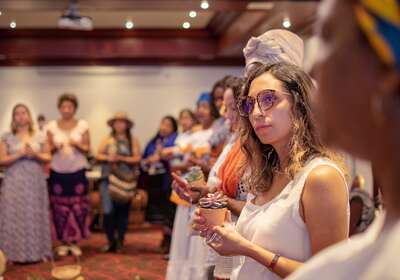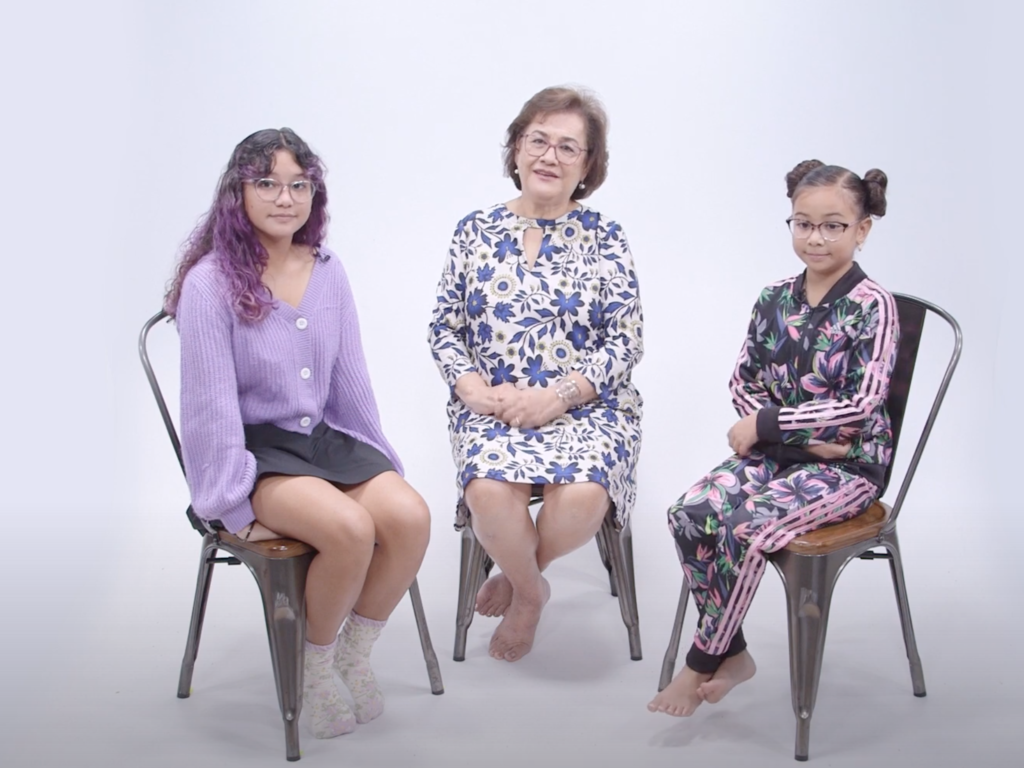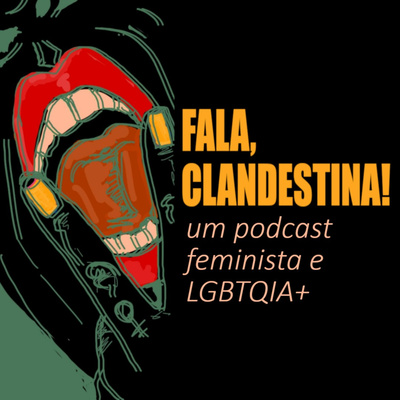Colombia, Ukraine and Feminist Peace Initiatives: Newsletter 2/2022
In this newsletter you will learn about the exemplary work of the Colombian Truth Commission, involving women and marginalised groups – and about how we contributed.


With the Feminist Peace Initiatives, we finance projects that arise from our network. Events organised by us or our partners provide the impetus from which new ideas emerge and are passed on. This, too, is what feminist peace work is about
You probably have experienced this: at a webinar, a discussion or a workshop you learn about something that triggers a thought or even a specific idea that would be of great relevance to your networks or to your own work. Without funding to turn the idea into reality, this spark often goes out.
With the Feminist Peace Initiatives (FPIs), developed in 2021, our aim is to prevent such sparks from extinguishing – by making it possible to turn them into a concrete project. In this way, inputs from transnational exchange formats can be translated into local activities and continue to have an impact. In our networking, we recognise time and again how ideas emerge at joint events or meetings but need support to be realised. The FPIs provide an opportunity to try out new formats or approaches. The variety of FPI-funded products is therefore intentionally broad.
At events organised by us or by our partners, participants are invited to apply for an FPI grant. The financial contributions range from CHF 1000 to a maximum of CHF 10,000. Applicants must define what the “end product” of their project should be. The format of these projects can range from reports to videos. We check the applications for feasibility and for proximity to the issues that are important to us as an organisation, such as peace or security
After one year of experience with this instrument, the range of FPI-funded projects becomes apparent. Here are examples from two countries. FPIs have also contributed to projects in countries such as Indonesia and Ukraine:
Guam: The FPI-funded inter-generational workshop grew out of our three-part event series on demilitarisation that took place in 2021. Women who had lived through the time before the US established military bases in Guam discussed their experiences with younger activists who have known nothing but the militarised environment. One product is a video, “IHFG Kids Talk to a Resource Protector”, produced by our partner I Hagan Famalao’an Guåhan (IHFG). It shows Hope Cristobal, a former Senator of Guam, in conversation with her granddaughters about the environmental effects of militarisation and what the people on the Pacific island of Guam can do to protect natural resources.
Brazil: An international dialogue on democratic change and feminism in Latin America took place during the “Gender-Based Violence and its Intersectionalities” webinar in 2021. Brazilian participants picked up on two key topics: gender-based and institutional violence. Vera Viera, a long-time member of our network, used the FPI contribution to produce the podcast series “Conversinha Afiada”, which deals with peace and gender justice. This series is available in Portuguese, Spanish and English. In the podcast series “Fala, Clandestina!”, produced by the queer feminist band Clandestinas, the band members discuss pressing issues such as violence against women or LGBTQIA+ people through their song lyrics.
FPI funding will continue into 2023, with fewer projects, greater regional concentration and with transnational impact.
More information about these projects can be found in the “Feminists Connecting for Peace” magazine.

The “Conversinha Afiada” and the “Fala, Clandestinas!” podcasts are available on Spotify.
The video «IHFG Kids Talk to a Resource Protector»: